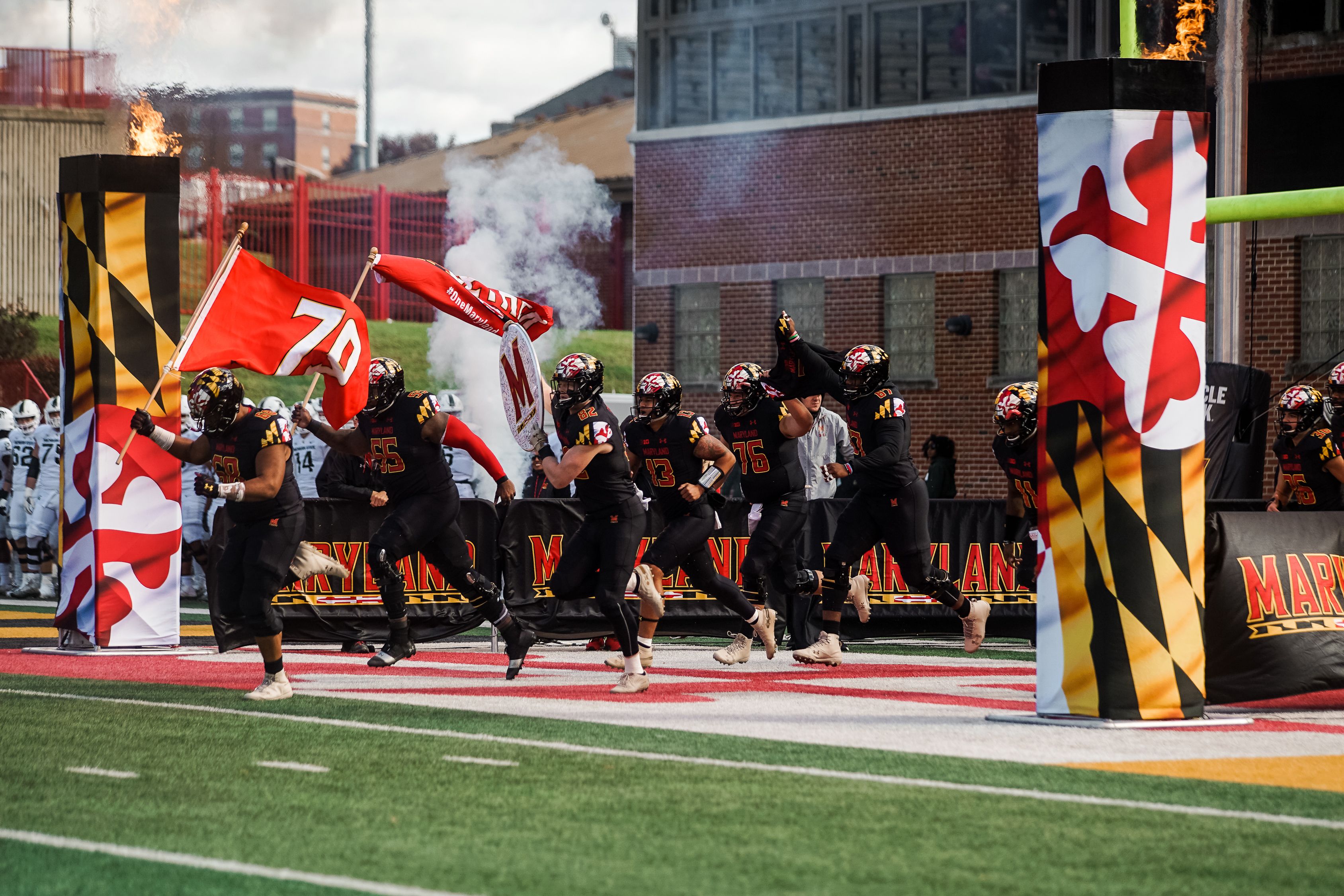Views expressed in opinion columns are the author’s own.
2010: Jim Leavitt, the University of South Florida’s football coach, was fired after grabbing a player by the throat and slapping him during halftime of a game the year before.
2015: Tim Beckman, the University of Illinois’s football coach, was fired after allegedly pressuring injured players to continue playing.
2016: Kevin Wilson, Indiana University’s football coach, resigned after being investigated for apparent mistreatment of injured players.
2018: DJ Durkin, University of Maryland football coach, was fired following the investigation into Jordan McNair’s death in June and the culture of the program as a whole.
We need change.
According to the report commissioned by the University System of Maryland Board of Regents, the culture of Maryland football was found to be “not toxic.” Investigators felt the coaching tactics of Durkin and Court “reflected those of a ‘big time football program’”
There’s the underlying problem: The mistreatment of athletes seems to be so widespread that many have come to expect it. The behavior of the team’s strength and conditioning coach, Rick Court, included degrading the players, attacking their masculinity, and pushing them past their physical limits. If this is reflective of a “big time football program,” then that indicates a deeper cultural issue.
In a 2010 study by the NCAA, 31 percent of Division I men’s basketball players and 22 percent of Division I football players reported that their coach put them down in front of others. This kind of verbal ridicule, combined with the constant pressure of performing well in games, can lead to lasting psychological effects for players. A study by the American College Health Association found that 41 percent of male athletes and 45 percent of female athletes had “felt so depressed that it was difficult to function,” and 14 percent of surveyed athletes had “seriously considered suicide.”
Athletes should be able to trust their coaches and trainers, both professionally and medically. Many students have reportedly been pressured to continue playing when injured, whether it be due to threats from their coaches or poor medical advice. Former Rhode Island softball coach Erin Layton reportedly threatened players that she would kill them if they “ever get sick again.”
Laray Smith, who played football at Indiana under Wilson, was told by his trainers that a blood clot he had (later surgically removed) was just a bruise. He felt he had to trust his trainers and only went to an outside doctor for a checkup when it began to seriously hurt, Wilson said in an interview with ESPN.
The Board of Regents has reportedly recommended that the two trainers named chiefly responsible for McNair’s mistreatment, Steve Nordwall and Wes Robinson, retain their jobs. That the board believes these two should remain following McNair’s death is insulting and irresponsible. As students, as citizens and as advocates, we need to call on our administration do something about this now. If this investigation has given us any indication, it’s that no one else will do so.
This needs to be a wakeup call for our university, as well as those across the country, to look into the practices of our coaches and trainers and hold them responsible for their actions. The cycle of abuse by athletic coaches is toxic, whether the Board of Regents wants to admit it or not. The mistreatment of athletes is prevalent and dangerous, whether the country wants to admit it or not. Ultimately, it will continue to be this way until we do something about it, whether we want to or not.
Alyssa McKinney is a sophomore electrical engineering major. She can be reached at alyssa.cmck@gmail.com.



